Minecraft: Grooming dangers for children gaming online
- Published
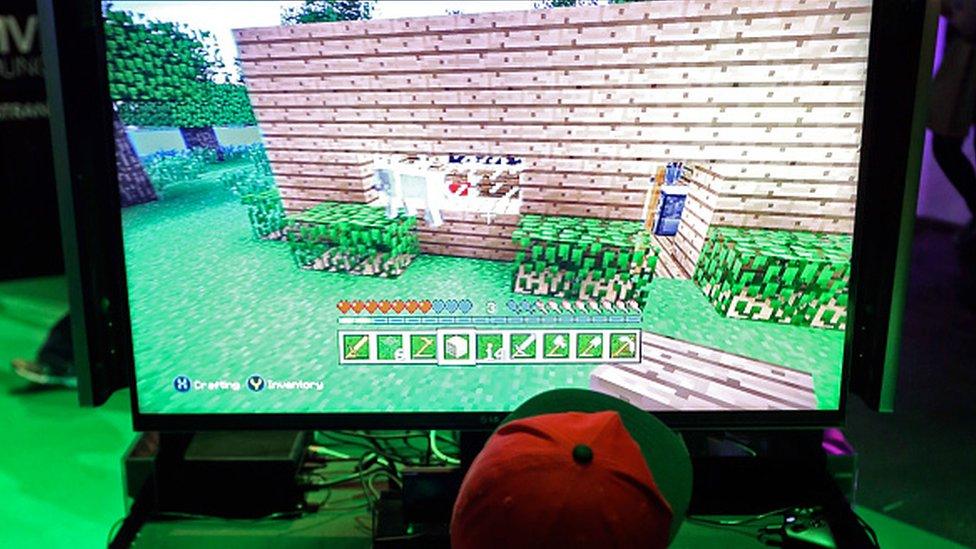
Take virtual building blocks and create your own world. The premise of the online mega-game franchise Minecraft is simple.
Perhaps that is one of the reasons millions of children across the world are attracted to the game.
But as a court in Merthyr Tydfil has heard, the Minecraft world being created by Adam Isaac was not a virtual playground to explore imagination. His world was a trap - a trap to lure young real-life prey into conversation and to abuse.
Isaac has now been jailed for two years and eight months for sexually grooming two children, persuading them to carry out sexual acts and exposing himself online.
He met them through Minecraft - but the game is just one of scores of internet video multiplayer games attracting children and adults alike in their millions every day, every hour, every minute, everywhere.

Adam Isaac targeted boys playing Minecraft
World of Warcraft, League of Legends, Final Fantasy XIV, Battlefield, Call of Duty, Overwatch, Counter-Strike, Eve Online... the list just goes on and on.
It is a global industry that some analysts estimate is worth a staggering £15.7bn, external a year on computers, video game consoles and smart phones. One game alone - League of Legends - is said to earn £118m every month.
But for the children's charity, the NSPCC, the issue of online grooming has now become what it describes as one of the "major 21st Century child protection challenges" we face.
"We know the internet is used as a gateway by abusers to commit hundreds of offences against children every year and, in our own joint research, 50% of school children surveyed admitted seeing sexual or violent material online," said the head of NSPCC Cymru, Des Mannion.
"The internet is a fantastic resource for children, they should enjoy all it has to offer, but they must also be taught how to use it safely so they don't find themselves at risk of serious harm."
Swansea University experts have been investigating the issue over the last four years, trying to capture just how the groomers operate in the online world, whether that is through games, online chat rooms or social media pages.
They highlight research suggesting 200 million girls and 100 million boys across the globe will be sexually victimised before they reach adulthood - and a significant number of those will have been lured online.
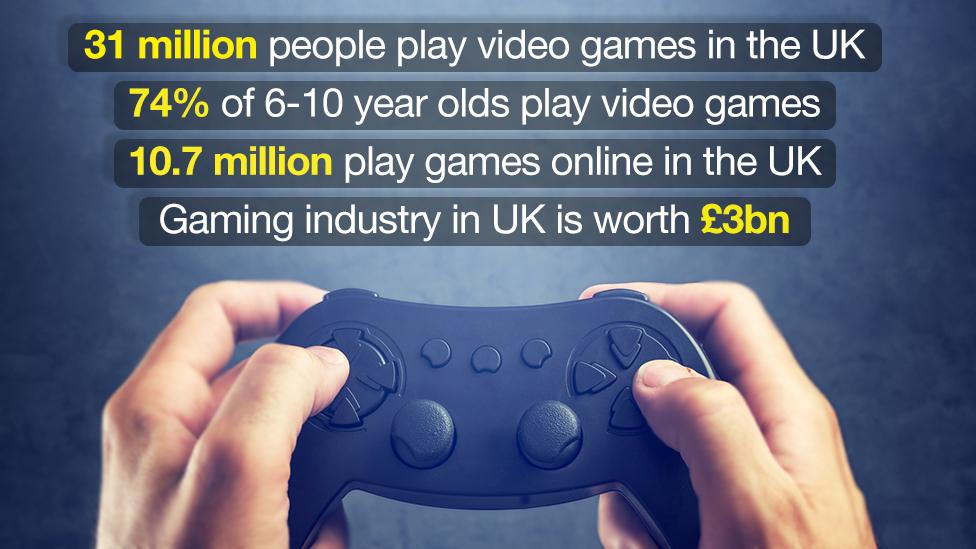
The video games industry is booming in Britain (Source: UKIE)
Nuria Lorenzo-Dus, who is professor of English language and applied linguistics at Swansea, said they looked at 140,000 words in the recorded online logs of convicted paedophiles.
The research busted a series of myths about groomers and how they operate.
"We know that we can identify several language indicators that we hope will raise awareness of the kind of things that parents, educators, those working with children may want to look for," said Prof Lorenzo-Dus.
"Sexually explicit language is one indicator - but it is not the only indicator.
"What we have is a very-marked interest in the victim, asking a lot of personal information: Where they live, does mum and dad work, how long do they go on the internet, if it is Minecraft - how long do they play?
"It is all this bonding talk that seems to be geared towards friendship that they use as a way to hook the victim. It is a way to develop trust."
The researchers found that sometimes the grooming process can go from an initial "Hi - what's your name" online approach to cyber-sexual abuse taking place within minutes.
They also found that, despite popular beliefs, most groomers did not pretend to be children and were open about being adults when they approached potential victims.
The age range was also wider than many think - from 60 down to abusers as young as just 18-years-old.
The Swansea University experts now hope their analysis can help build better models of understanding how paedophiles groom children online - and in turn, provide parents with better weapons to beat the abusers.

The range of topics tackled by online games is as massive as it audiences
A spokeswoman for Microsoft, which owns Minecraft, said: "Helping promote a safe online experience has always been a priority for us, particularly when it comes to children.
"We also offer resources to help parents understand how to help keep their kids safe, external."
But according to the body that represents the gaming industry in the UK, the risk of online abuse remains small.
UK Interactive Entertainment - Ukie - said games "are enjoyed safely by millions of people of all ages around the world every day".
However, Ukie is also accepts that online abuse exists - and must be tackled.
"The games industry takes its responsibility towards the safety of these players extremely seriously," said Dr Jo Twist, the chief executive of Ukie.
"Online experiences have stringent security features and community teams in place to safeguard players against misuse, and we encourage parents and carers to make use of parental controls and online safety advice on consoles, mobile and PC."
It promotes the Ask About Games, external online site which encourages families to play together - and for parents and guardians to be aware of online risks.
It is just one of the tools out there offering advice.
The NSPCC has also published extensive guides, external on staying safe online, including the Netaware, external partnership with communications giant O2.
The charity has also called for compulsory online safety lessons in Welsh classrooms.
"Education is the key to teaching children how to use the internet safely and it's crucial we integrate this into the curriculum as soon as possible," added its head in Wales, Des Mannion.
- Published20 January 2017
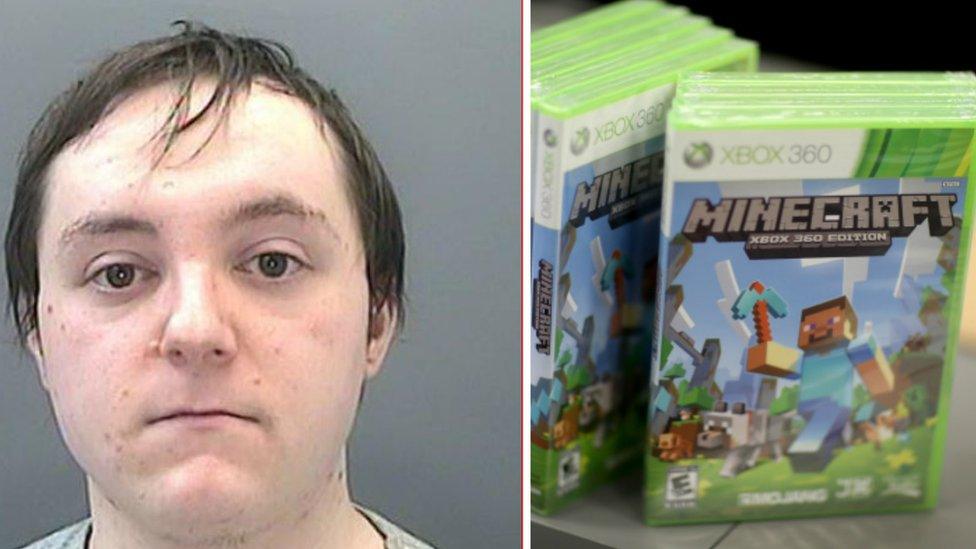
- Published24 November 2015

- Published5 November 2015
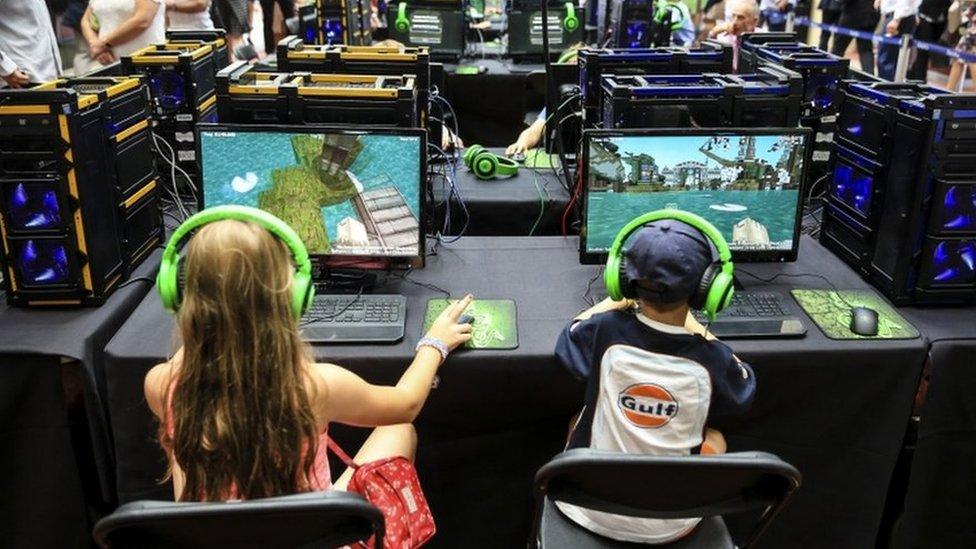
- Published17 August 2013
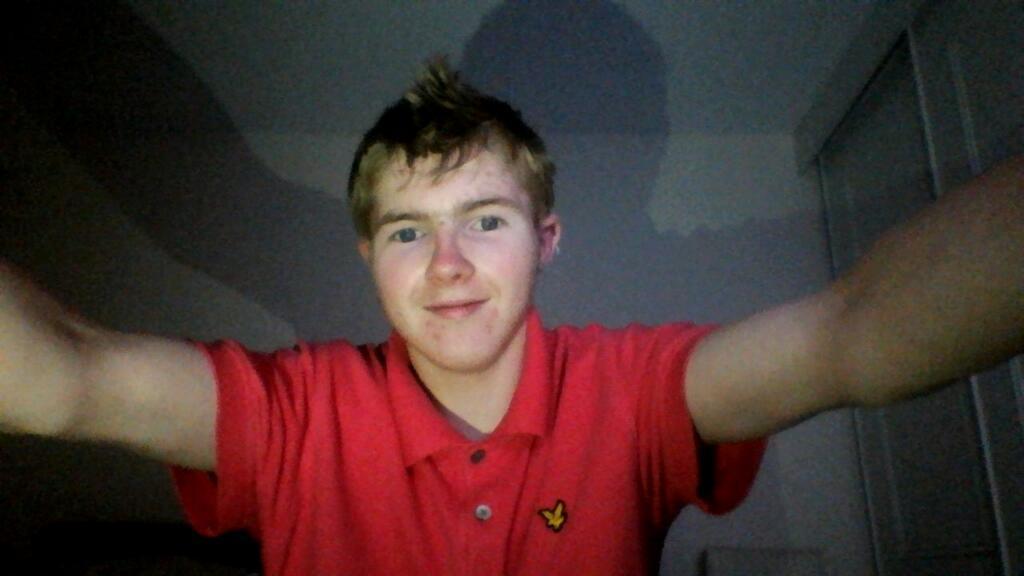
- Published21 December 2012
